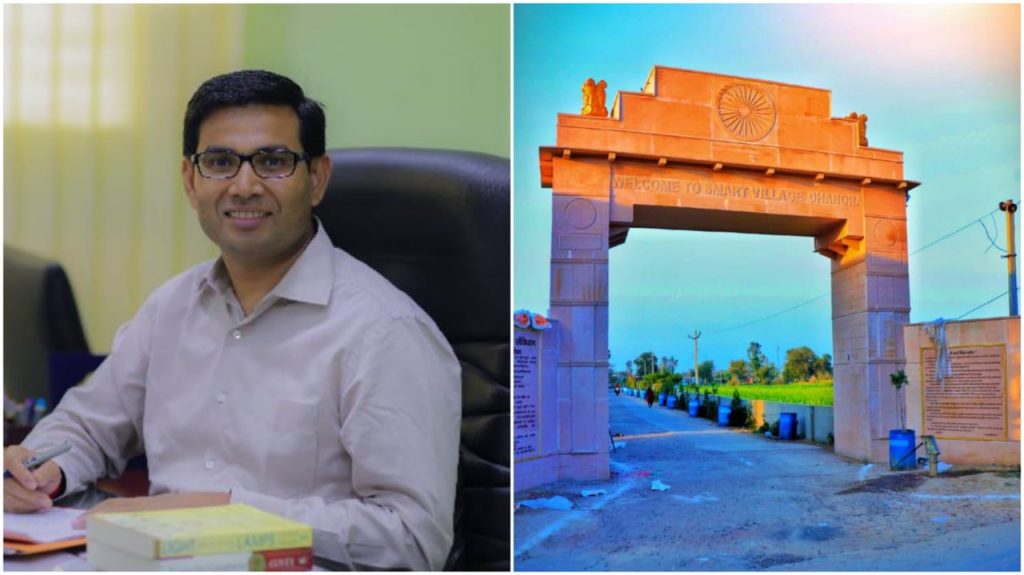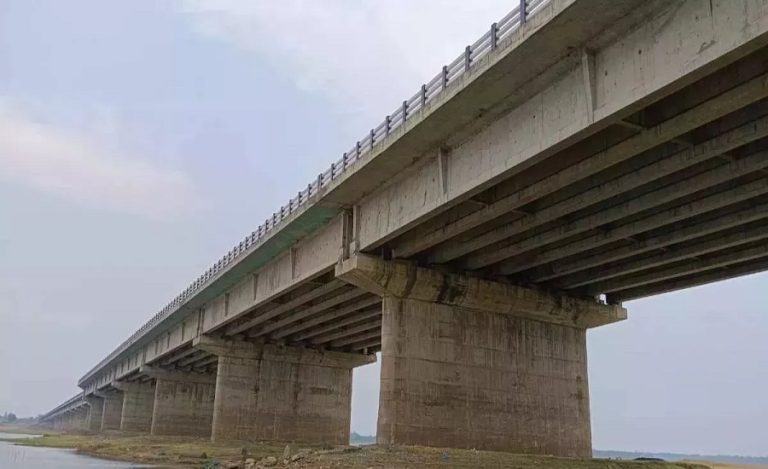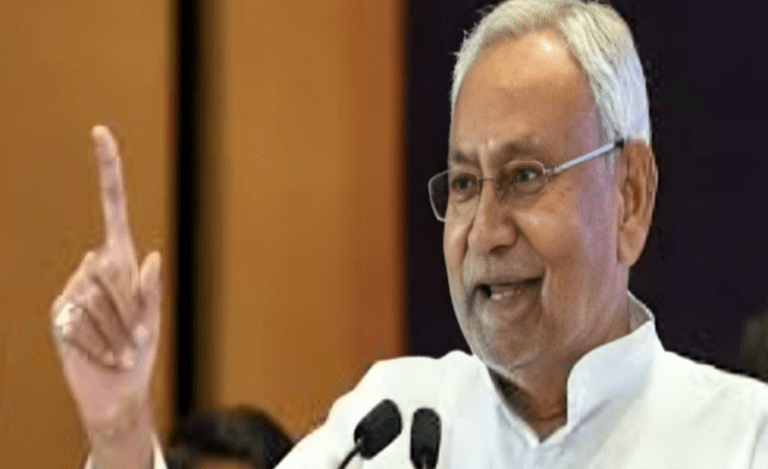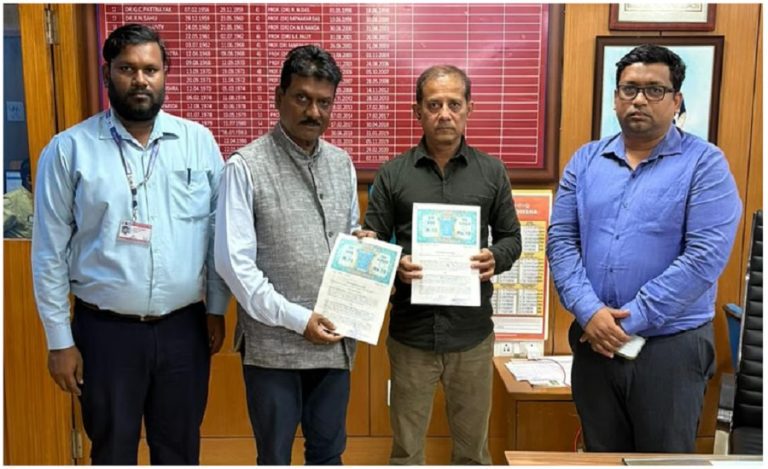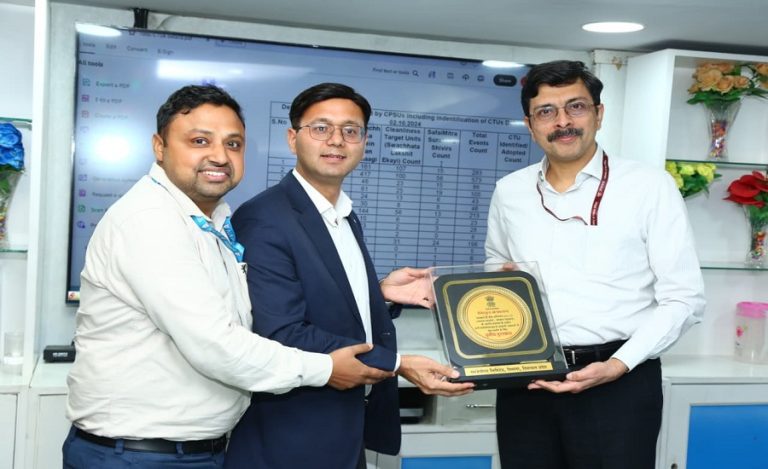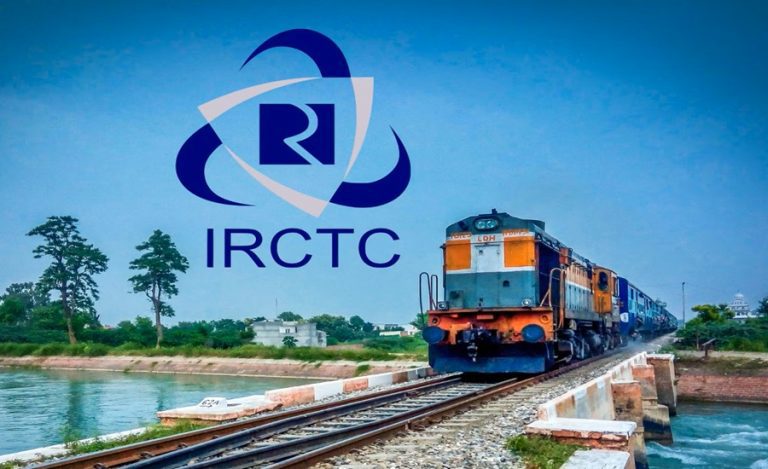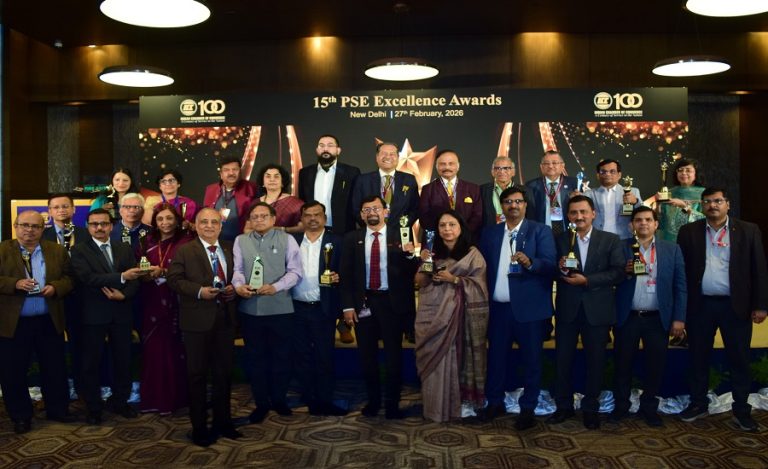Welcome to Dhanora – a smart village situated in the heartland of Chambal in the Dhaulpur district of Rajasthan. Upon visiting it, you’ll find clean roads laced with lush green trees, solar street lights, brick homes painted in vibrant colors, a skill development center, a meditation center, and even a public library!
But Dhanora didn’t always look like that. Prior to becoming a smart village, it’s chief features were road-less passages, smell of open defecation looming in the air and a less then healthy and hygienic look which characterize so many of India’s villages.
What changed this? The efforts of IRS officer Mr. Satyapal Singh Meena and his team. Mr. Meena grew up seeing the dilapidated condition of the place and had resolved to transform the village. He believed that the active participation of villagers and support of the administration is the key to success. His constant and rigorous efforts have transformed Dhanora into India’s first Smart Village. In an exclusive conversation with Indian Masterminds, he shared details about his work.
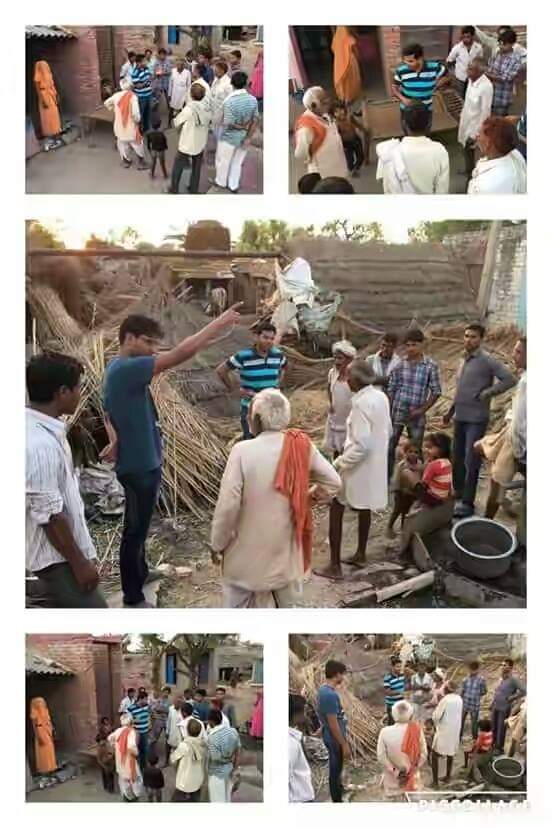
PUBLIC AWARENESS AND PARTICIPATION
At times a person forgets about his rural background and the village once he or she gets into a high post and starts living in the comforts of a big city. Even while carrying out his educational and professional duties, Mr. Meena didn’t turn his back towards his village and resolved to uplift it for the benefit of the residents.
A massive awareness campaign was launched in the village through mohalla and nukkad meetings. It was an exercise to mentally prepare the people for active participation in rural development.
“As a person receives a little education or does better for themselves, they immediately rush to live in cities and work in big MNCs. But the people who are left behind tend to stay in the same downtrodden condition for their entire lives. I wished to change this. The intention is not to convert a village into a city. Instead, I want to uphold the village culture while ensuring all modern amenities. This can only happen if we initiate a collective effort by collaborating with the villagers,” Mr. Meena told Indian Masterminds.
And now for the actual transformation of Mr Meena’s village. To accomplish this, he involved the public, especially the youth and women, as a part of the team. Surely, he motivated the people but he believes that the project wouldn’t have been successful without their collective efforts. The initiative is a cumulative effort of the district administration, NGOs and active public participation.

OPEN DEFECATION-FREE VILLAGE
The biggest issue pertaining in the village was open defecation. He held a meeting with the resident women who expressed their issues related to health and hygiene. The team sensitized them about the importance of cleanliness and hygiene and prioritized the construction of toilets immediately.
Through community participation, volunteering and collective fundraising, soon every house in Dhanora built a toilet. The village has modern sewage facilities with Sewage treatment plants duly maintained by the villagers themselves. Each household in the village has toilets which are duly connected with the sewerage line. Modern common toilets have been constructed in public places like schools, Aanganwadi Kendras, Community Halls, etc. The use of toilets has completely transformed the way of life of the villagers and has effectively improved the health condition of the people, especially women and children
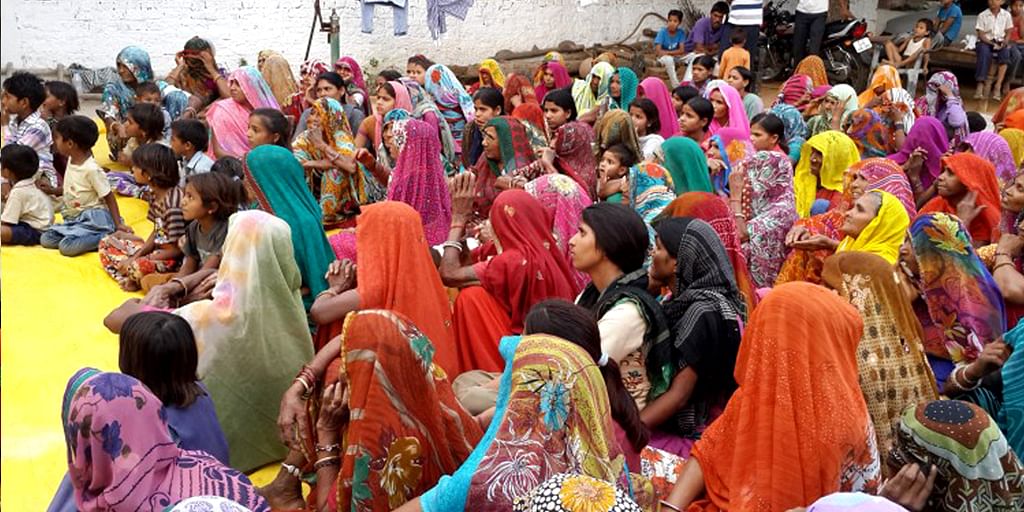
The families that couldn’t afford the expense were adopted by the village. For example the village has adopted two orphans from the village who have lost their parents and constructed their house and taking care collectively.
“At a point in time, about 95% people used to go for open defecation. Our efforts bore fruit and Dhanora was declared the first village to become Open-Defecation Free by the State Government,” he told Indian Masterminds.

ROAD TO DEVELOPMENT
The roads in the village were extremely narrow and littered with sewage and trash. The officer’s team undertook the cleaning of the existing roads by removing the solid waste and the open- dumping places. They decided to demarcate property lines and remove road encroachments.
Parting with ancestral land is almost unheard of in the villages of our country. Yet, with immense faith in Dr Meena, villagers welcomed developmental activities like widening of the road, donating money to establish a community centre, and even contributed their personal time and effort towards this initiative.
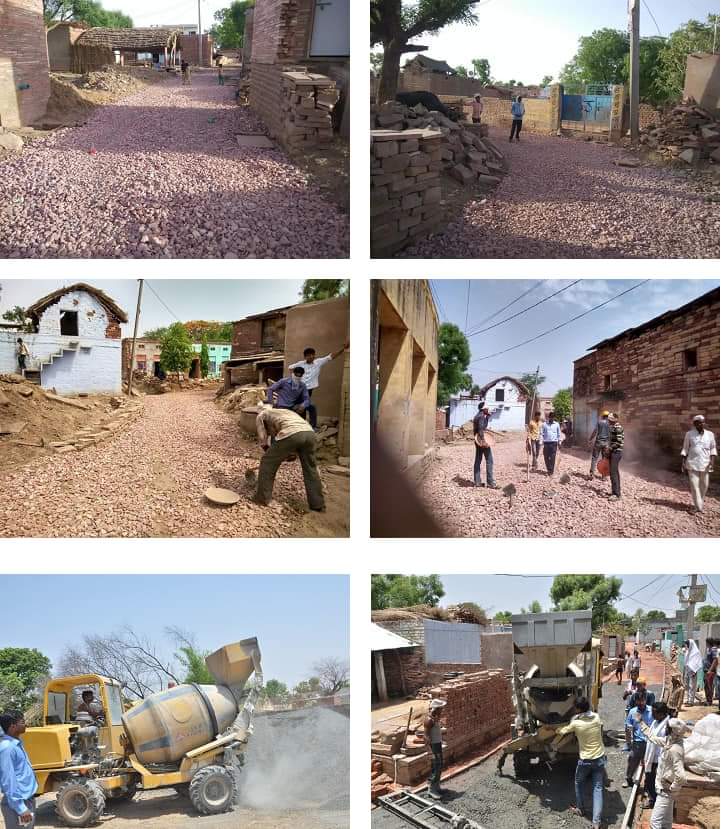
“The villagers fully co-operated with us to the extent that they allowed us to demolish their ‘pucca’ houses for new and wide concrete roads. From the previous width of 8-10 feet, the roads were widened to 20-25 feet. Now widened “GAURAV PATH” has become a symbol of rural development. It is worthy to mention that it was done with mutual understanding and cooperation and without the intervention of the administration. We salute their dedication,” said Mr. Meena.
The Internal and connecting roads have been laid using high-quality cement concrete after the removal of encroachers from the roads. The widening of roads in the village was a big achievement possible through the mutual understanding of the villagers.

PROMOTING EDUCATION
To develop the future generation of the village, Mr. Meena established `Utthan Bhavan’ through crowd-funding, where he has opened Utthan Coaching Institute, a competitive examination coaching center, equipped with Wi-Fi and broadcast facilities. To promote e-learning, the village school was equipped with computers. Coaching Centres and Computer Training Programs are helping the village students in their education and skill development. The village is working to set up a dedicated skill development center, rural development training center, and dairy plant, etc.
“We are doing this to educate people through internet and technology. This will help the youth to understand modern problems and how to work about them.”
An open public library was established to promote reading and inculcate good values in children.
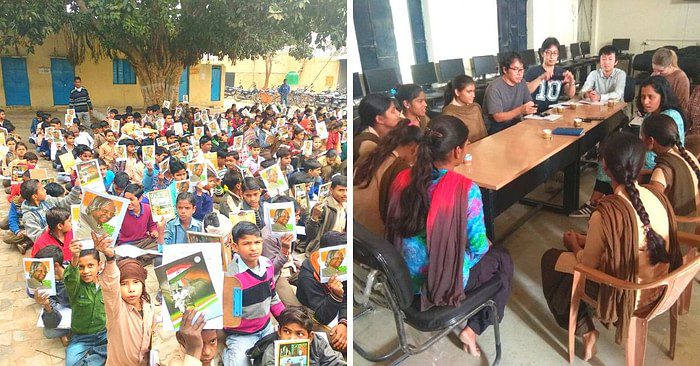
WATER CONSERVATION
Water conservation is one of the major successes of the village which is done by adopting an innovative concept of Percolation tank link system. In this concept, a man-made canal extending 3 km was constructed which has been linked with 8 percolation tanks. Overall groundwater recharge takes place through these structures, including Nallas.

“According to an estimate, 97.49 million liters of water are being recharged in the village land every year. It is important to mention that without the land acquisition process this mega water conservation canal came into existence by a mutual understanding of villagers. A sewerage treatment plant has been constructed and the treated water is reused for irrigation purposes.”

OTHER DEVELOPMENTS
The villagers have adopted some exemplary practices, like, on the occasion of a marriage or any other happy event, a certain amount is deposited with the ‘Village Development Committee’ for the development of the village. Upon the death of a person, a tree is planted by the family in memory of the departed soul at the village cremation ground.
The monetary contribution of the villagers has helped in the construction of a community hall-cum-information center, that doubles as a Library and Meditation center. The modern community center with a 300-person capacity is a bustling space for villagers who come to spend time together. They also constructed structures for water conservation and the streets were lit by solar-paneled street lights.
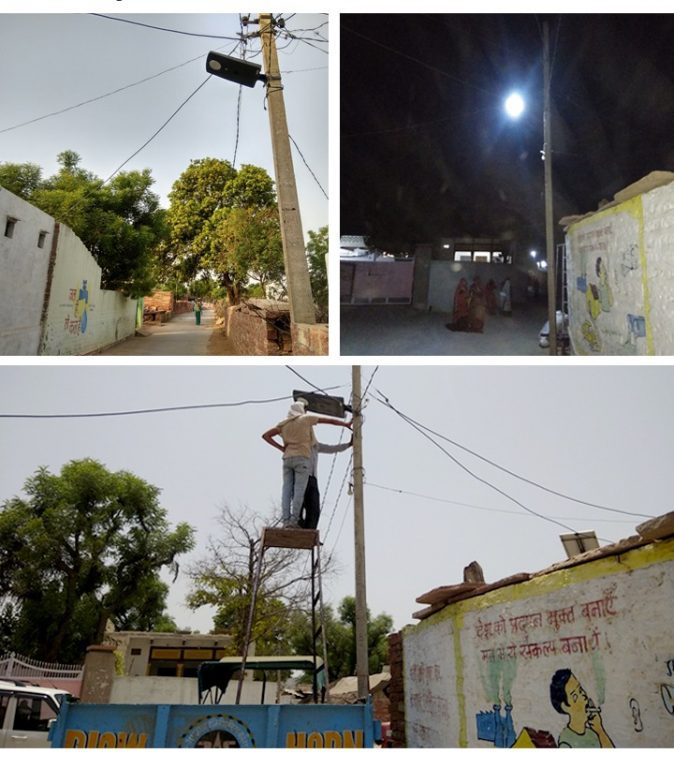
All the ramshackled `kutcha’ homes were transferred into permanent structures and were painted vibrantly. Positive slogans and messages for human welfare and development were painted across the walls of the village.
Plantation drives to improve the green cover were also undertaken. Till date, the villagers have planted almost 1,000 fruit, herbs and medicinal species.

Moreover, to mark its identity as the first smart village, the locals sacrificed some of their private landholdings and built a grand entrance. A 30-feet gate resembling the India Gate was carved in stone and installed which has become a symbol of rural development.
The village has been identified and recognized as a “Crime Free Village” by the District Police as no FIR is pending with the police station. The village is also moving towards becoming an alcohol-free village. The villagers are supporting the movement to make the village self-sustained.
To commemorate this immensely successful and praiseworthy feat, his efforts were awarded by the Honourable Prime Minister Shri Narendra Modi, Honourable Governor of Madhya Pradesh Anandi Ben Patel, and the State Government.

“Today, Dhanora is the first village free of open defecation; the first village to have a sewerage treatment plant; the first village to have concrete roads, solar lights, library, community, and wellness centers. Most of this was possible due to active public participation, NGOs, and district administration,” Mr. Meena told Indian Masterminds.
The officer’s campaign ‘Soch Badlo Gaaon Badlo’, a volunteer-led community initiative based on the “back to society concept” is now implementing the Dhanora model across several villages of Rajasthan and Maharashtra in around 300 villages now. The campaign aims at bringing fundamental changes in the lives of rural people through public participation and thus raise their standard of living. The most noteworthy part is that more than 2,000 volunteers are contributing their time and service freely without any remuneration.

